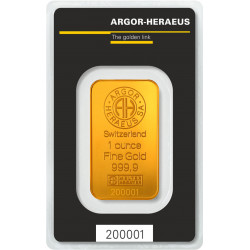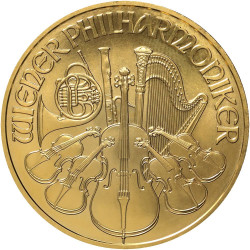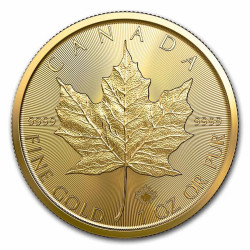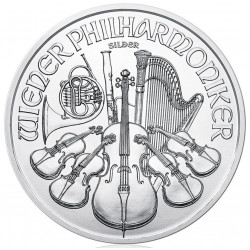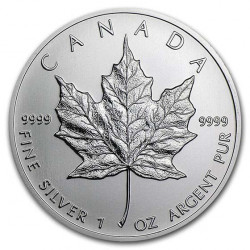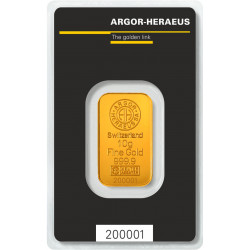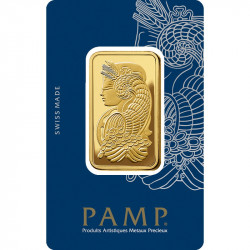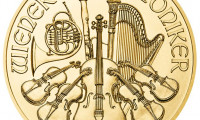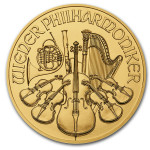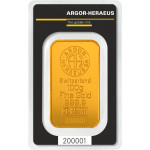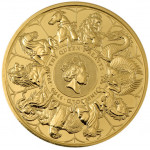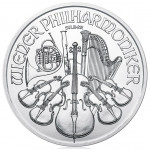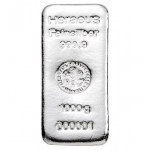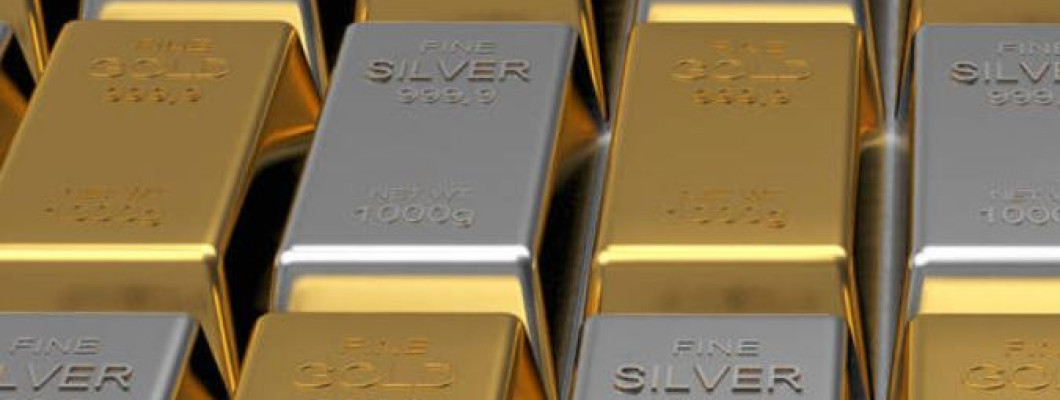
Zlato a stříbro - dva z nejznámějších a nejcennějších kovů na světě. Od počátku věků jsou lidskou rasou nadmíru ceněny pro své jedinečné vlastnosti, které nemají v přírodě obdobu: jde o kovy, kterých se na světě vyskytuje právě tak akorát na to, aby se z nich daly vyrábět mince, šperky, platidla a vzácné dekorace a doplňky, ale které jsou zároveň dost vzácné na to, aby si udržely svůj význam a hodnotu. Jejich těžba navíc také zahrnuje náročnější postupy, a proto se k nim tak jednoduše nedostane každý. Jaké mají ale zlato a stříbro další vlastnosti, kterými jsou tak výjimečné?
Zlato - víc, než jen žlutý kov
Základní informace o zlatě:
chemický symbol: Au
atomové číslo: 79
vlastnosti: hustý, měkký, žlutý kov
Zlato je dlouhé věky ceněno především pro svou krásu. Má ale i další, méně viditelné chemické vlastnosti, které jej činí velmi výjimečným.
- Jde o jeden z nejméně reaktivních chemických prvků - velmi obtížně reaguje na jiné prvky nebo sloučeniny. Díky tomu je ideální pro použití ve špercích a dalších dekorativních předmětech a kromě toho také pro použití v elektronických součástkách. Jde mimo jiné také o vlastnost, která z něj činí ideální materiál pro výrobu investičních mincí - jsou totiž díky vlastnostem zlata velice odolné na jakékoli vnější vlivy a podléhají v čase jen naprosto minimálnímu poškození.
- Zlato nekoroduje. Proto nehrozí, že by vám zlaté šperky nebo mince zrezly, nebo že by elektronický výrobek přestal fungovat z důvodu zničení zlaté součástky.
- Je vysoce tvárné a měkké. Lze z něj tedy velmi jednoduše vyrobit všechny možné tvary, aniž by se lámalo. To se hodí jak v elektronice, kde je potřeba vyrábět malé a přesné součástky, tak ve šperkařství, kde je potřeba s citem tvarovat drobné detaily a ornamenty. Tato vlastnost ale přijde vhod i při ražení mincí - díky ražbě lze tak do měkkého zlata lehce otisknout detailně vypracované raznice.
- Jednou z klíčových chemických vlastností zlata je také jeho vysoká vodivost. Zlato je vynikajícím vodičem elektřiny a tepla - další z vlastností, která ho činí ideálním pro použití v elektronických součástkách, jako jsou počítače a mobilní telefony.
Stříbro - v čem zlato (ne)předčí?
Základní informace o stříbře:
chemický symbol: Ag
atomové číslo: 47
vlastnosti: měkký, bílý, lesklý kov
Pravdou je, že zlato a stříbro mají vlastně - co se týče fyzických a chemických vlastností - velmi mnoho společného. Stříbro je dobrým vodičem elektřiny a tepla, díky čemuž je, podobně jako zlato, ideální pro použití v elektronických součástkách. Je ale také vysoce reflexní, používá se proto například v zrcadlech a dalších optických přístrojích. Stříbro je navíc extrémně tvárné a kujné, což znamená, že jej lze tvarovat a natahovat do drátů nebo plechů, aniž by se lámalo - opět, jde o vlastnost, kterou má se zlatem společnou.
Jednou z klíčových chemických vlastností stříbra - která ho také zásadně odlišuje od zlata - jsou jeho antibakteriální vlastnosti. Bylo prokázáno, že stříbro má antimikrobiální vlastnosti a po staletí se, právě díky těmto vlastnostem, používá jako přírodní antiseptikum (neboli povrchová dezinfekce). Tato vlastnost činí stříbro naprosto ideálním pro použití v lékařství a zdravotnictví - pomocí stříbra se vyrábí například obvazy na rány, do kterých se přidávají miniaturní nanočástice tohoto vzácného kovu, které se poté z obvazů uvolňují do kůže a působí dezinfekčním efektem.
Zásadní roli hraje stříbro, především v posledních několika letech, také v oboru dentálních aplikací - používá se například k výrobě zubních náhrad a dalších druhů zubních výplní, jako jsou amalgámy.
Kromě toho je stříbro také odolné vůči korozi a oxidaci, díky čemuž je, stejně jako zlato, ideální pro použití ve špercích, mincích a dalších předmětech, které mají vydržet dlouhou dobu.
Zajímavostí je, že se stříbro pro své dezinfekční účinky využívá také ke sterilizaci a dezinfekci pitné vody. I proto je například malé množství tohoto vzácného kovu nedílnou součástí vojenských pohotovostních souprav. Narozdíl od zlata, které má své využití především mezi šperky, mincemi a elektronikou, má díky tomu stříbro mnoho životně důležitých a zdraví prospěšných schopností.
Navzdory tomu, že je zlato dražší a vzácnější kov, má stříbro díky svým zajímavějším vlastnostem v realitě mnohem širší spektrum uplatnění a využití. Vzhledem k tomu, že zdroje obou těchto kovů jsou značně omezené, se mimo jiné spekuluje, zda poptávka po stříbře v budoucnu nepřevýší jeho dostupné množství. Mohlo by se tak třeba stát, že se jednou stříbro stane ještě vzácnějším než zlato, právě proto, že ho bude zapotřebí v dalších odvětvích, kde zlato uplatnění nikdy najít nemůže. To vše ale ukáže jen čas.

